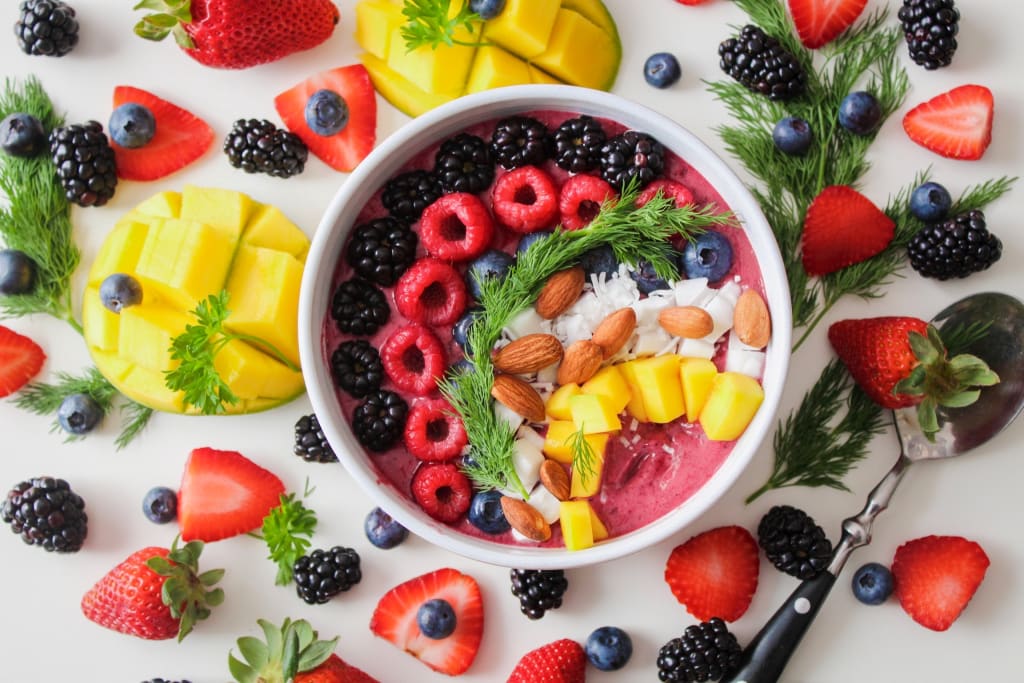The Best Diet to Take Care of Your Gut Health: Exploring the Details
Best Diet For Your Health

The Best Diet to Take Care of Your Gut Health: Exploring the Details
The gut, often referred to as the "second brain," plays a vital role in our overall health and well-being. A healthy gut is crucial for proper digestion, nutrient absorption, immune function, and even mental health. Diet plays a significant role in maintaining gut health, and certain dietary patterns can positively impact the composition and function of the gut microbiota—the diverse community of microorganisms living in our digestive system. In this article, we will explore the details of the best diet to take care of your gut health and promote optimal well-being.
1. Understanding Gut Health:
Before delving into the specifics of a gut-healthy diet, it is essential to understand the concept of gut health. The gut microbiota consists of trillions of microorganisms, including bacteria, viruses, fungi, and other microbes, which interact with our bodies in complex ways. A healthy gut microbiota is characterized by a diverse and balanced microbial community, where beneficial bacteria predominate. When the balance is disrupted, often due to poor dietary choices, it can lead to dysbiosis, inflammation, and various health issues.

2. Key Components of a Gut-Healthy Diet:
High in Fiber: A diet rich in dietary fiber promotes gut health by providing fuel for beneficial gut bacteria. Include ample amounts of fruits, vegetables, whole grains, legumes, and seeds in your diet. These fiber-rich foods contribute to a diverse and thriving gut microbiota, supporting optimal digestion and bowel regularity.
3. Fermented Foods:
Incorporating fermented foods in your diet introduces beneficial probiotics, which are live microorganisms that confer health benefits when consumed. Examples of fermented foods include yogurt, kefir, sauerkraut, kimchi, tempeh, and kombucha. These foods enhance the diversity and abundance of beneficial gut bacteria, promoting a healthy gut environment.
4. Prebiotic Foods:
Prebiotics are non-digestible fibers that serve as a food source for beneficial gut bacteria. Including prebiotic-rich foods in your diet can help nourish and support the growth of beneficial microbes. Some examples of prebiotic foods include onions, garlic, leeks, asparagus, bananas, and whole grains.
5. Healthy Fats:
Including healthy fats in your diet is essential for gut health. Opt for sources of monounsaturated fats (e.g., olive oil, avocados, nuts) and polyunsaturated fats (e.g., fatty fish, flaxseeds, chia seeds). These fats have anti-inflammatory properties and help maintain the integrity of the gut lining.
6. Limit Processed Foods and Added Sugars:
Highly processed foods, which are often low in fiber and rich in unhealthy fats, additives, and added sugars, can negatively impact gut health. These foods may promote inflammation, disrupt the gut microbiota, and contribute to the development of gut-related disorders. Minimize the consumption of processed snacks, sugary beverages, fast food, and refined grains.
7. Stay Hydrated:
Adequate hydration is essential for maintaining a healthy gut. Drinking plenty of water supports digestion, helps with nutrient absorption, and ensures proper bowel movements. Aim to drink enough water throughout the day and limit the intake of dehydrating beverages like sugary drinks and excessive caffeine.
8. Personalized Approach:
It's important to remember that everyone's gut microbiota is unique, and dietary needs may vary. Factors such as age, genetics, underlying health conditions, and individual sensitivities should be considered when designing a gut-healthy diet. Consulting a healthcare professional or a registered dietitian can help you tailor your dietary choices to meet your specific needs.
Conclusion:
Taking care of your gut health through a wholesome and balanced diet is vital for overall well-being. By prioritizing fiber-rich foods, fermented and prebiotic foods, healthy fats, and limiting processed foods and added sugars, you can support a diverse and thriving gut microbiota. Nurturing a healthy gut environment can enhance digestion, nutrient absorption, immune function, and even mental health. Remember that maintaining gut health is a lifelong journey, and small dietary changes can make a significant impact on your well-being.
About the Creator
Well Bucks
Digital Content Creator






Comments
There are no comments for this story
Be the first to respond and start the conversation.